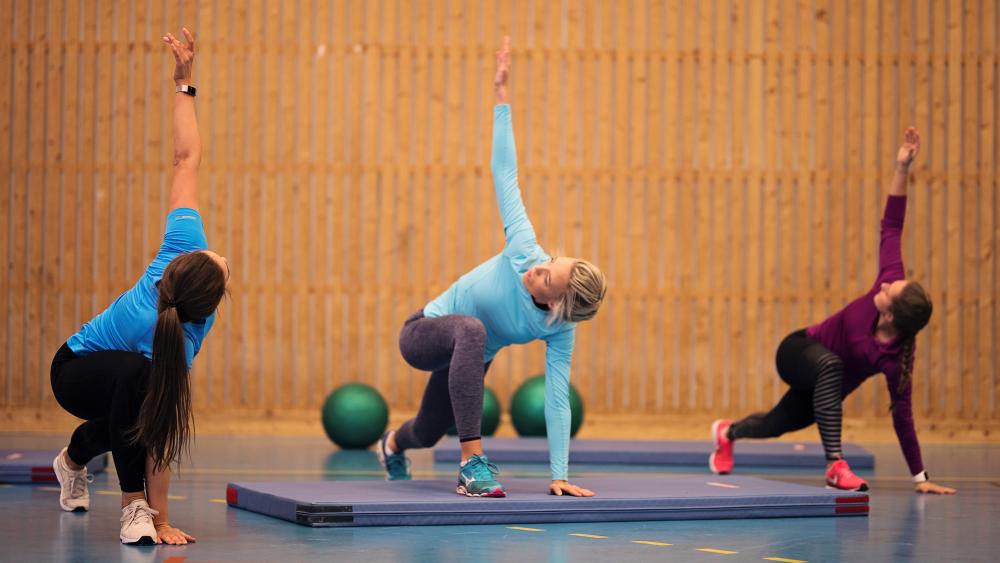Female athletes - a different talent development process?
Female athletes – a different talent development process?

About the project
Knowledge of how the talent development processes of female athletes is experienced among both players and coaches has been sought by the research literature (Larsen et al. 2020). While knowledge about male practitioners has been increasing on topics such as psychological skills development (motivation, stress, communication, etc.), recent research has to a greater extent also dealt with female practitioners, but still to a much lesser extent than male practitioners.
Over the past 10 years, the focus in skills and performance development has shifted from a focus on practitioner characteristics to including the importance of the development environment the practitioners are part of (Baker et al., 2017). Recent research has used the questionnaire: talent development environment questionnaire (TDEQ) which consists of the dimensions: social support network, long-term development focus, holistic quality preparation, communication and agreement on expectations (Gangsø et al 2021), to get a description of the talent development environment for practitioners. Such development environments are often both suppliers of premises and directly responsible for the athletes' development and their understanding of what they must develop in order to end up as professional athletes.
Such a development environment places high demands on the athletes and their surroundings, which often leads to dilemmas for both the athletes, the coaches and the environment in general. As an example, athletes who want to play sports at a high level, according to Weinberg et al. (2013) accept pain and injury as an inevitable consequence. This understanding is today so strongly implemented in sports culture that one can look at it as a normative behavior (Kabiri et al., 2021). Such a "risk culture" will potentially lead to young talented athletes training and competing with pain and / or despite being mentally tired (pain / tired). As a result, stress injuries and burnout are major current challenges among young talented athletes in the transition from junior to senior (Aasheim, Stavenes, Andersson, Engbretsen & Clarsen, 2018; Barh, 2014). We know little about Norwegian youth sports, such as practicing attitudes towards training and competing with pain / tiredness, attitudes towards communicating pain / tiredness to their coaches and teammates, attitudes towards the use of painkillers in connection with. training and / or competition etc. We therefore want to shed light on how these attitudes (risk culture) are experienced among female athletes and how this is related to the type of sport, skill level, coach-athlete relationship, etc. These are also factors that will greatly affect the practitioner's motivation, stress level and degree of perfectionism.
Both sub-projects carry out data collection in the Spring of 2022 / Autumn 2022.
Publications
- Bergström, M., Solli, G.S., Sandbakk, Ø., McGawley, K. & Sæther, S.A. (2024) Finding the optimal balance: Father-athlete challenges facing elite Nordic skiers. Frontiers in Sports and Active Living.
- Bergström, M., Sæther, S.A., Solli, G.S. & McGawley, K. (2023) Tick-tock goes the biological clock: Mother-athlete challenges facing elite Scandinavian cross-country skiers. Women in Sport and Physical Activity Journal.
- Bergström, M, Rosvold, M. & Sæther, S.A. (2023) “I hardly have a problem [...] I have my period quite rarely too” Female football players and their coaches’ perceptions of barriers to communication on menstrual cycle. Frontiers in Sports and Active Living.
